Inquisitori di Stato
The L’Archivio di Stato di Venezia: indice generale, storico, descrittivo ed analitico by Andrea Da Mosto was published in 1937. Besides being a general index of the holdings of Venetian documents in the state archive, it contains short historical descriptions of most Venetian offices and magistracies.
Andrea Da Mosto (1868-1960) was director of the Archivio di Stato di Venezia (1936-1937).
In 1539, the Council of Ten chose from its midst a committee of three, who, with the name of Inquisitors against the propagators of secrets (not to be confused with the pre-existing Inquisitors of the X who were prosecutors) searched for those guilty of the propagation of state secrets. This council was then appointed annually, but not constantly, and, towards the end of the 16th century, took the name of State Inquisitors and became permanent. One of the Inquisitors was chosen from among the Ducal Councillors (dressed in red), the other two and the distinguished one from among the Decemviri1 (dressed in black).
Their deliberations were always subject to secrecy. They were responsible for the surveillance of everything that pertained to the security of the State and the punishment of whatever had the appearance of an attack on it: they had competency over all political crimes, transgressions of the law, which prohibited nobles from associating with or corresponding with foreign figures, slander against the government, lack of respect for churches and monasteries, public gatherings, etc. etc. This body, which called itself the Supreme Tribunal, also had a tendency to internalise discussions of political affairs and, by extensively interpreting its mandate, to exercise a preponderant function, at least de facto, in the direction of public affairs. In the last years of the life of the Republic it was very powerful and there had even been attempts to bring it back within the scope of its legal faculties; but too late, as the Republic was already dying.
Their procedure was rapid: their unanimous vote was a sentence, which was announced in the Maggior Consiglio.
Translator’s notes
- The Decemviri is another name for the Council of Ten. ↩︎
Original text
Inquisitori di Stato
Nel 1539, il Consiglio dei Dieci scelse dal proprio seno una giunta di tre, che, col nome d’Inquisitori contro i propagatori del segreto (da non confondere con i preesistenti Inquisitori dei X che avevano una funzione istruttoria) cercassero i colpevoli di propagazione di secreti dello Stato. Questa giunta fu nominata poi sempre annualmente, ma non costantemente, e, sulla fine del secolo XVI, prese il nome di Inquisitori di Stato e divenne permanente. Uno degli Inquisitori era scelto fra i Consiglieri ducali (rosso), gli altri due e quello di rispetto fra i decemviri (neri).
Le loro deliberazioni erano sempre sottoposte al vincolo del segreto. Avevano la sorveglianza su tutto ciò che spettava alla sicurezza dello Stato e la punizione di quanto aveva apparenza di attentato a quella: erano di loro competenza tutte le colpe politiche, le trasgressioni della legge, che proibiva ai nobili di frequentare o corrispondere con personaggi stranieri, le maldicenze contro il governo, le mancanze di rispetto a chiese e monasteri, i pubblici ritrovi, ecc. ecc. Anche questo corpo che si intitolò il Supremo Tribunale ebbe tendenza ad assorbire la trattazione degli affari politici, e, interpretando estensivamente il proprio mandato, a esercitare una funzione preponderante, almeno di fatto, nella direzione della pubblica cosa. Negli ultimi tempi della vita della Repubblica era molto potente e si era anche tentato di reagire per ricondurlo entro l’ambito delle proprie facoltà legali; ma troppo tardi, ché la Repubblica era già agonizzante.
Rapida era la loro procedura: il loro voto concorde era sentenza, che pubblicavasi nel Maggior Consiglio.
Da Mosto, Andrea. L'Archivio di Stato di Venezia : indice generale, storico, descrittivo ed analitico in Bibliothèque des Annales Institutorum, 5. Roma : Biblioteca d'arte, 1937, p. 61.
Related articles
- Inquisitori di Stato — Lessico Veneto
- Inquisitor — Dizionario
- Consiglio dei Dieci — ASV Indice
- Minor Consiglio — ASV Indice
- State institutions of the Republic of Venice
- Chronology of major Venetian state institutions
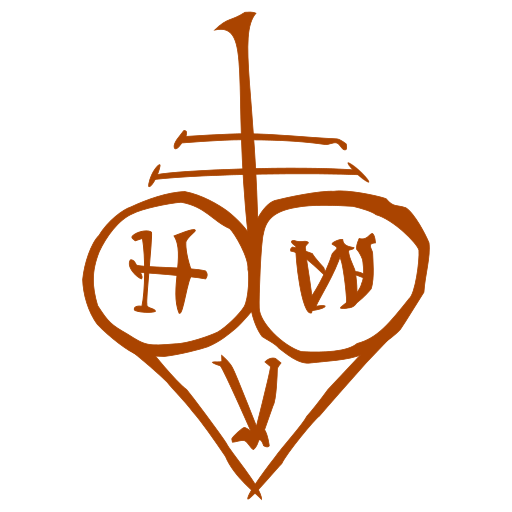
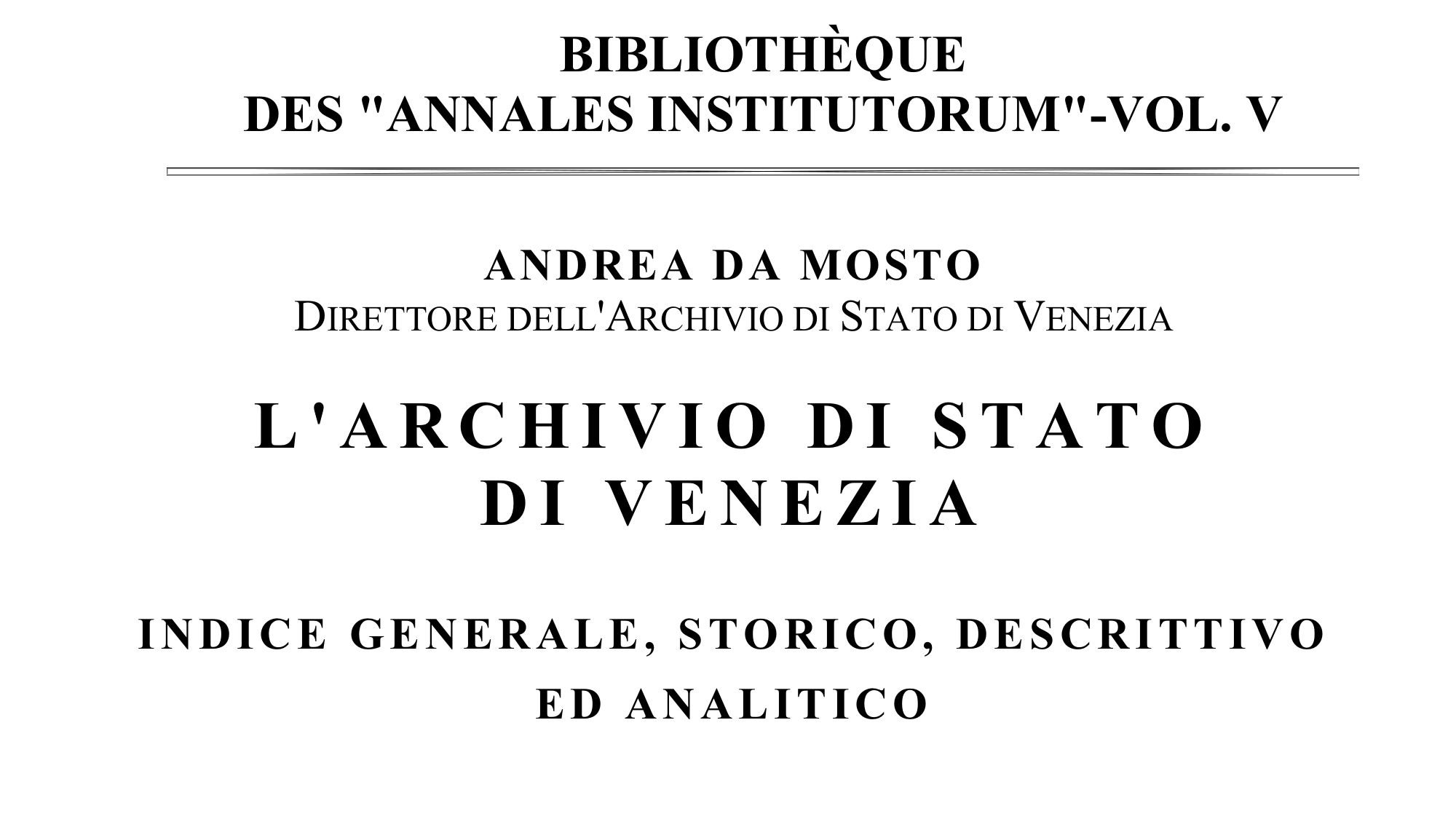
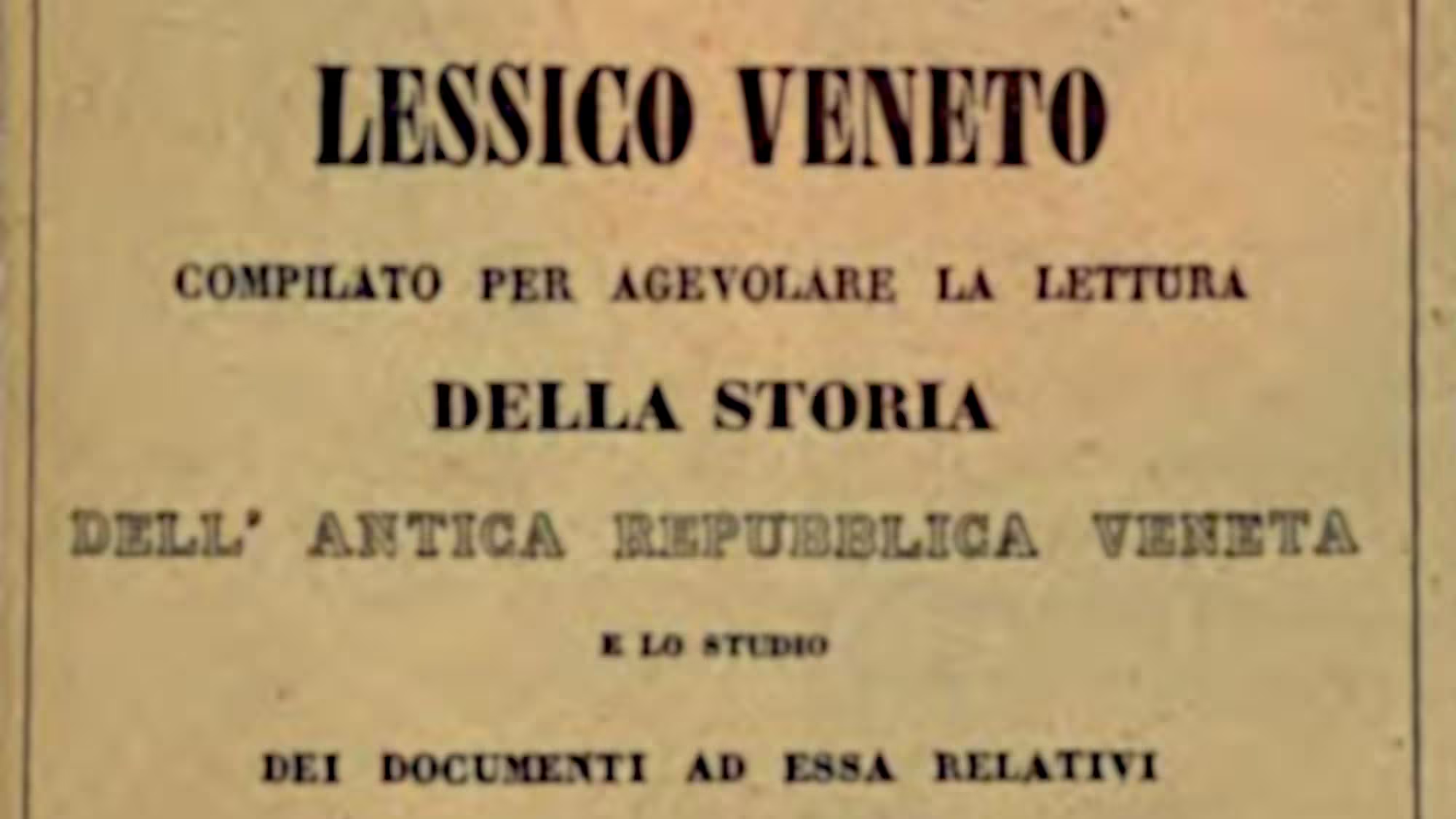
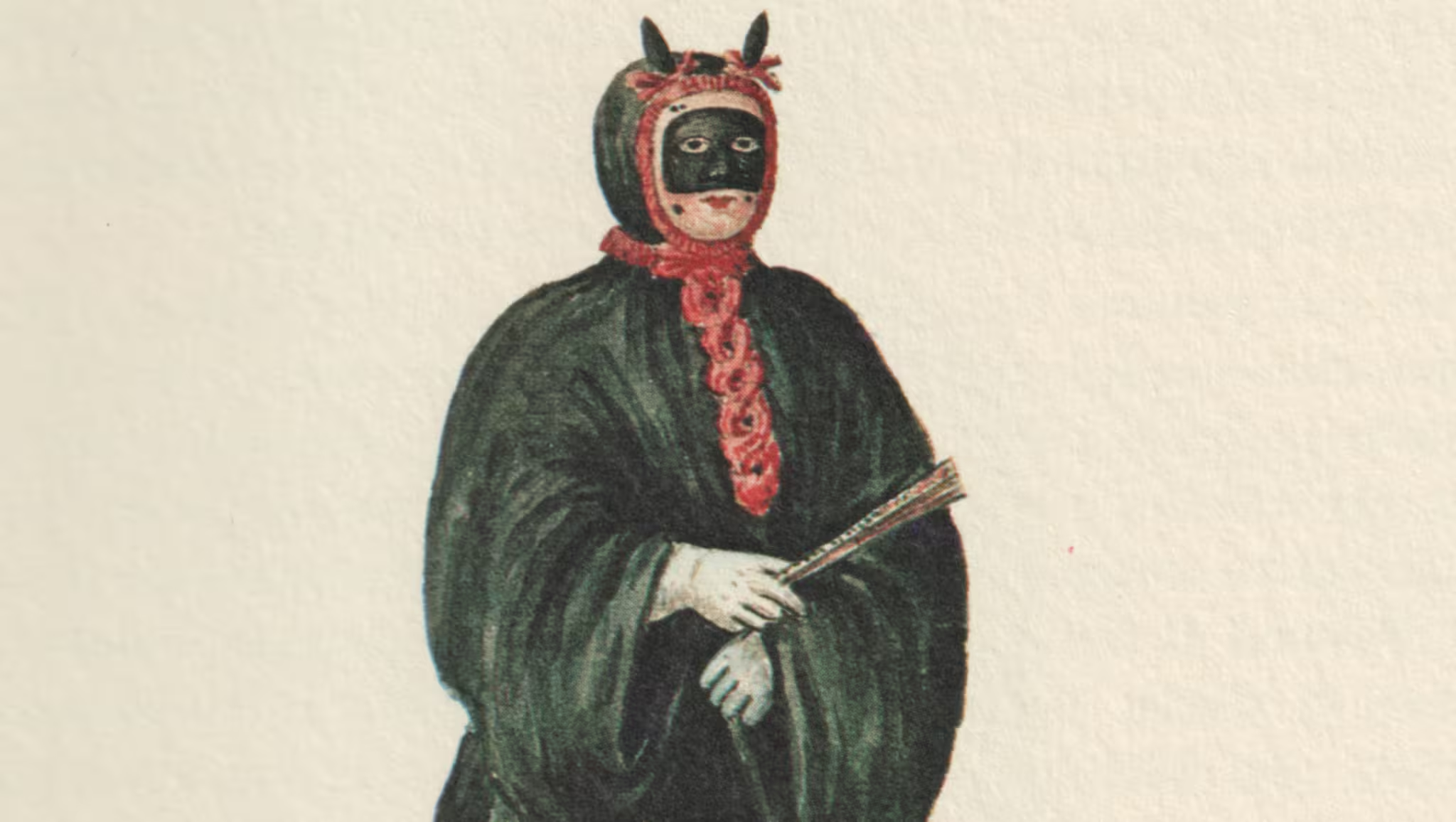
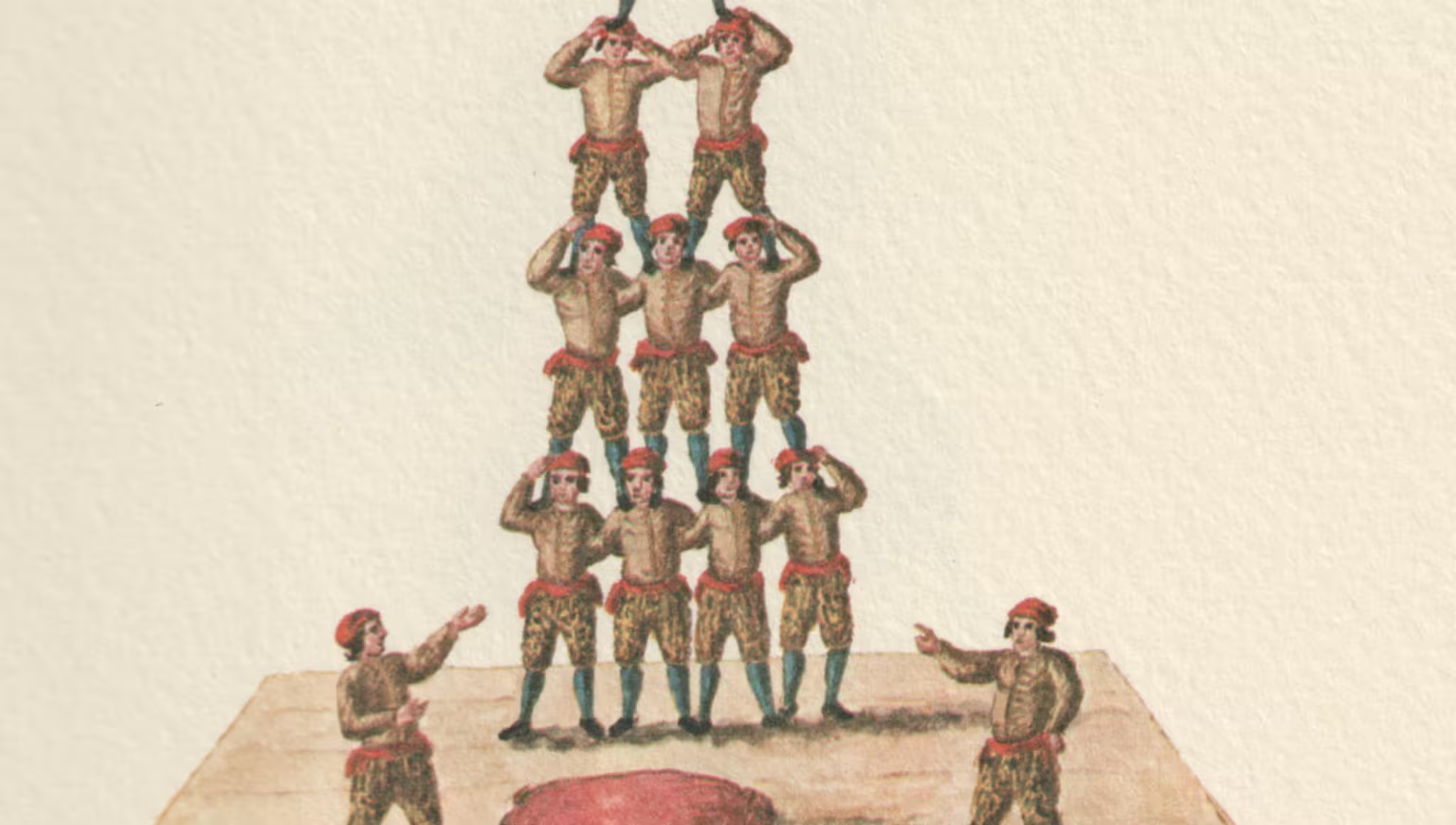
Leave a Reply